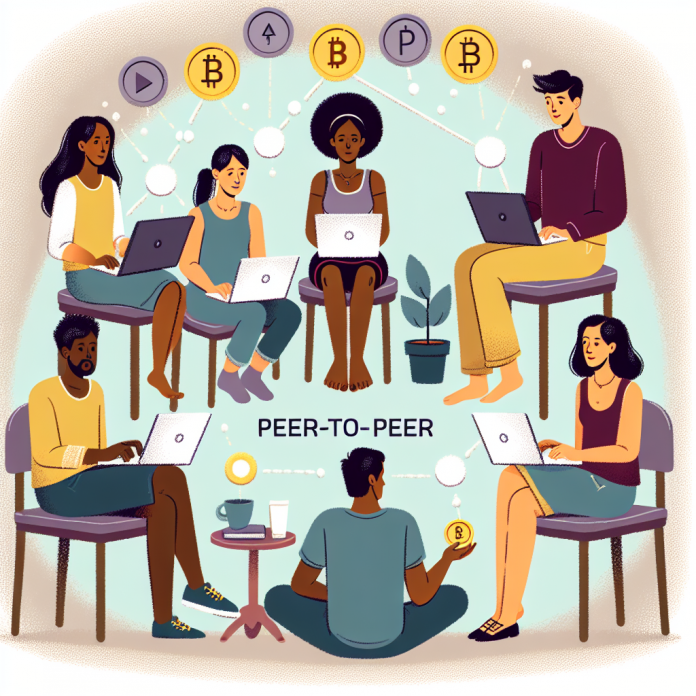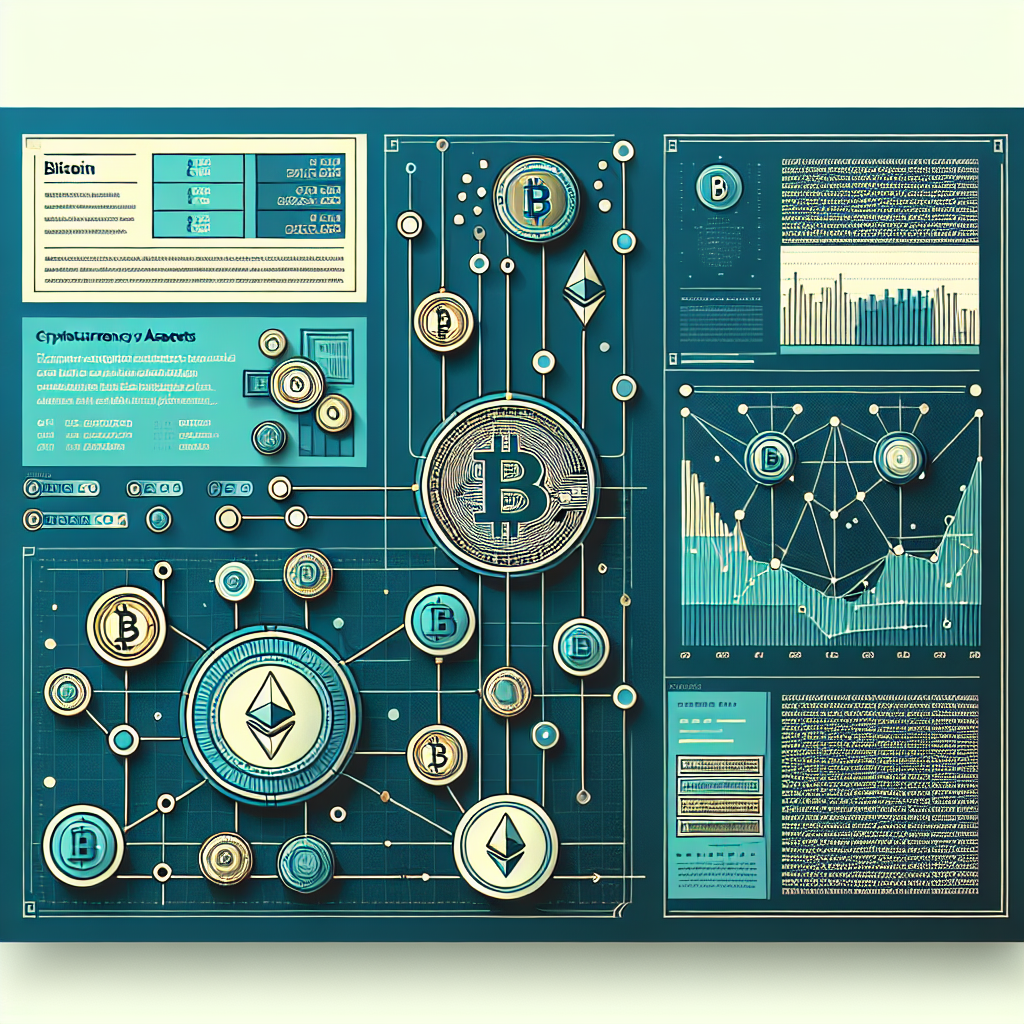Understanding the Basics of Peer-to-Peer Trading
Peer-to-peer (P2P) trading has emerged as a significant force in the financial and technological worlds, offering an alternative to traditional centralized exchange systems. By facilitating direct transactions between individuals without intermediaries, P2P trading platforms have introduced a new paradigm. This beginner’s introduction will demystify P2P trading for the discerning Bloomberg or TechCrunch reader, explaining its mechanisms, advantages, and the challenges it poses in the contemporary market landscape.
The Rise of P2P Trading Platforms
At the heart of P2P trading lies the concept of decentralization. Unlike conventional exchanges where trades are routed through a central authority, P2P trading operates by connecting buyers and sellers directly. This system offers enhanced privacy, reduced fees, and personalized transactions. The rise of blockchain technology and cryptocurrencies has particularly bolstered P2P trading, with platforms such as LocalBitcoins, Paxful, and Bisq gaining traction for facilitating cryptocurrency exchanges.
P2P platforms are not limited to cryptocurrency trades. They’re also gaining popularity in markets like real estate, energy, and general goods and services. Each domain has its nuances, but the underlying principles of decentralization and direct interaction remain consistent.
How P2P Trading Works
For those new to P2P trading, the process can seem daunting, but in reality, it is quite straightforward. On a P2P platform, a user creates a listing, stating the asset they wish to buy or sell and their preferred price. Other users browse these listings and, when a match is found, the platform facilitates a secure environment for the transaction.
Often, P2P platforms incorporate an escrow service to protect both parties. Once terms are agreed upon, the seller places the asset into escrow. The buyer then transfers the payment to the seller, and once the seller confirms receipt, the escrow releases the asset to the buyer. This system reduces counterparty risk, a common concern in direct trades.
The Advantages of P2P Trading
One of the most significant advantages of P2P trading is its ability to bypass institutional roadblocks. It offers a more inclusive platform for participants who might be underserved by traditional financial systems due to geography or economic status. P2P trading also empowers users by giving them control over their transaction terms.
Reduced fees are another draw. Without intermediaries, the costs associated with trading are typically lower on P2P platforms. Moreover, this type of trading allows for more negotiation on prices, which can lead to better deals for both buyers and sellers.
Privacy is another cornerstone of P2P trading. Because there’s no centralized authority collecting user data, participants enjoy a higher degree of anonymity compared to traditional exchanges. This aspect is particularly appealing for those wishing to keep their financial transactions private.
P2P Trading Challenges
While P2P trading offers many benefits, it also comes with challenges. The lack of a central authority to oversee transactions means users are more responsible for their security. While escrow services mitigate some risk, participants must still be vigilant against fraud and scams.
Furthermore, because P2P transactions are individually structured, they can lack the liquidity found in traditional exchanges. Finding a match for a specific trade can take longer, especially if one is dealing with a niche asset or a non-mainstream cryptocurrency.
Regulation is another complex area. As P2P trading often transcends borders, it can fall into a grey zone of financial legislation. Regulatory uncertainty can be a deterrent for some potential users and a point of concern for governments and financial watchdogs trying to combat money laundering and other illicit activities.
Future Outlook for P2P Trading
The future of P2P trading looks bright as technology continues to break down barriers to entry and create more seamless and secure transaction environments. Innovations in blockchain and smart contracts are set to simplify the P2P trading process further, making it more intuitive and trustworthy.
Moreover, as more individuals grow comfortable with digital currencies and seek autonomy from traditional financial institutions, the user base for P2P platforms is expected to expand. While regulatory frameworks evolve, there will likely be a move toward standardizing P2P trading practices without compromising the ethos of decentralization.
Concluding Thoughts on Peer-to-Peer Trading
Peer-to-peer trading is redefining what it means to exchange assets in the modern economy. Its promise lies in its ability to democratize trading and finance, providing a stage where anyone with an internet connection can participate. For the uninitiated, the world of P2P trading offers an exciting glimpse into the future of commerce, emphasizing autonomy, reduced costs, and privacy.
While challenges exist, particularly around security and regulation, the advancements in technology and the increasing desire for decentralized financial systems hint at a continued upward trajectory for P2P platforms. Whether for cryptocurrency enthusiasts, privacy seekers, or those without access to traditional banks, P2P trading stands as a formidable facet of the evolving digital marketplace.




















